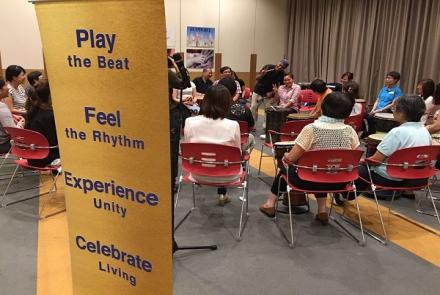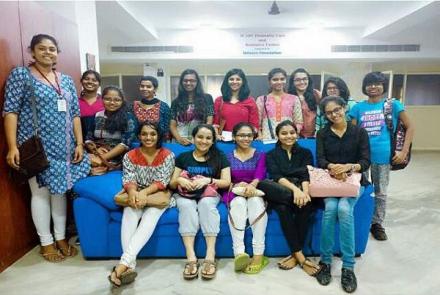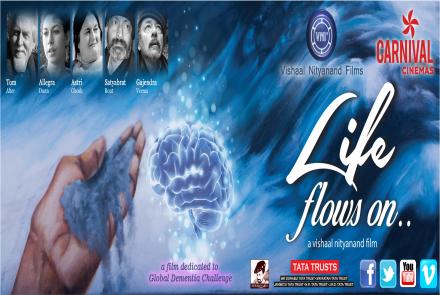
Hogewey is an amazing "village" on the outskirts of Amsterdam. It's a step back into the 1950s boasting pretty, manicured streets, a grocery, cafe, coffee shop, restaurant and even a beauty salon and barber shop. There are 152 residents in Hogewey, and all have something in common—dementia. Hogewey is a treatment facility for dementia and Alzheimer's patients.
It is set in the 1950s because the dementia patient's long term memory is preserved much more vividly than short term. Thus they can relate to things from their younger days, which gives a feeling of familiarity, safety and comfort.
This is a groundbreaking approach. In fact, Germany has already announced it is planning on building its first village. One is also being built in Switzerland and hopefully the U.S. won’t be far behind. The cost is comparable to a standard nursing home facility, yet the rewards are priceless.
Hogewey officials say that after a few weeks, residents improve dramatically, require less medication and become calmer. Naturally, they have a very long waiting list, and relatives of the inhabitants praise Hogewey and offer their sincerest gratitude.
















